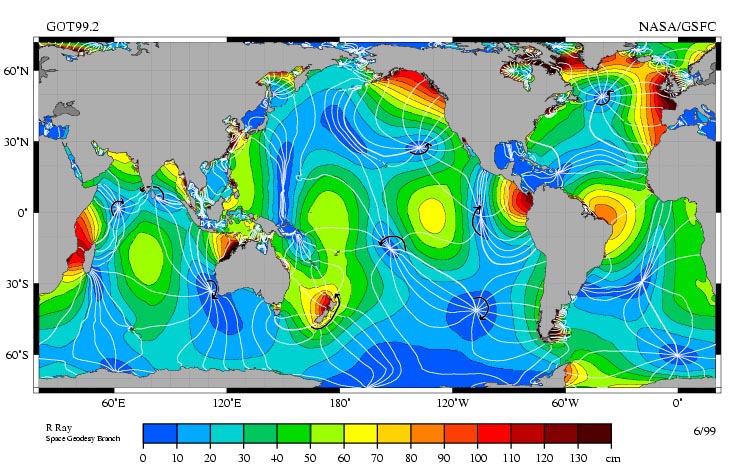
The total cost of ownership, given its capacity for jobs and our ability to control infrastructure costs, have been very good. However, it wasn't like my costs went up fivefold or tenfold. Just say from 2009, when we started with it, up to now, we've gone from 5,000 jobs to fivefold. For the years that we've been using it, we've had an increase in growth, yet we haven't had exponential increases in cost, which is really good.

When we renewed having a regular cycle of renewal and re-evaluation kept us on track. I know what handles I have to do, what things cost what. They've been really great in that way.įor me, the key aspect was the linear predictability of costs.
#Tidal cost license
If you're not sure what license you need, Tidal will definitely give you a temporary license so that you can validate which license you need in order to get something to work, or how that adapter would work if you're trying to figure it out. I wish I had a big enough Tidal set up so that I just had unlimited licensing, or I wish the unlimited licensing was cheap enough. We just have to make sure that in the project, we have money set aside to buy the adapters needed for that project.

It is not really a budget issue from the Tidal side. My trouble with budgeting for it is related to the new features that come down the pipe. That's why every time someone says that we need to do this, I know that we can do it, but it would require another adapter. The licensing model is very fair, and it is very easy too. That makes it difficult for me to keep Tidal right-sized or right-licensed. So, it is just one of those situations where as the requirements change, it means another adapter.

Similarly, we have the SQL Server for which we wanted to schedule jobs. In order to do the iSeries jobs, I needed an iSeries adapter. That's what I bought the license for, and then we also had these iSeries jobs. When I first set Tidal up, it was just to schedule JD Edwards jobs. It is like there is the base and then there are the adapters for the jobs that you want to do, but it seems that's also how they pay for each of those adapters and keep them up to date. Similarly, if you want to do Oracle jobs, there is an adapter. If you want to do SQL jobs, there is another adapter. If you then want to do JD Edwards jobs, you need an adapter. You pay for the job scheduler, and then they have certain things that are built into it, such as the FTP processes. It is more than the other solutions, but the functionality and the support are very much there. We haven't done that yet, but its licensing has been fine. I don't know anything about cloud licensing because that's probably the next step.

In terms of flexibility and transparency regarding costs, the licensing that we've been using has been great. You pay for support, but it has been great. We've been able to purchase more adapters because the cost of the product has been very reasonable. There are no costs for upgrades and other enhancements. You basically need to buy a license for each physical server, but then you're allowed an unlimited number of virtual servers. Everybody has different licensing, but I've had good luck with the licensing. If you buy different adapters, you get better prices on new ones. They're flexible about letting you test out some of the adapters before deciding if you want to buy them. I don't know about the cloud because we haven't done that. I'm only familiar with the on-prem licensing.


 0 kommentar(er)
0 kommentar(er)
